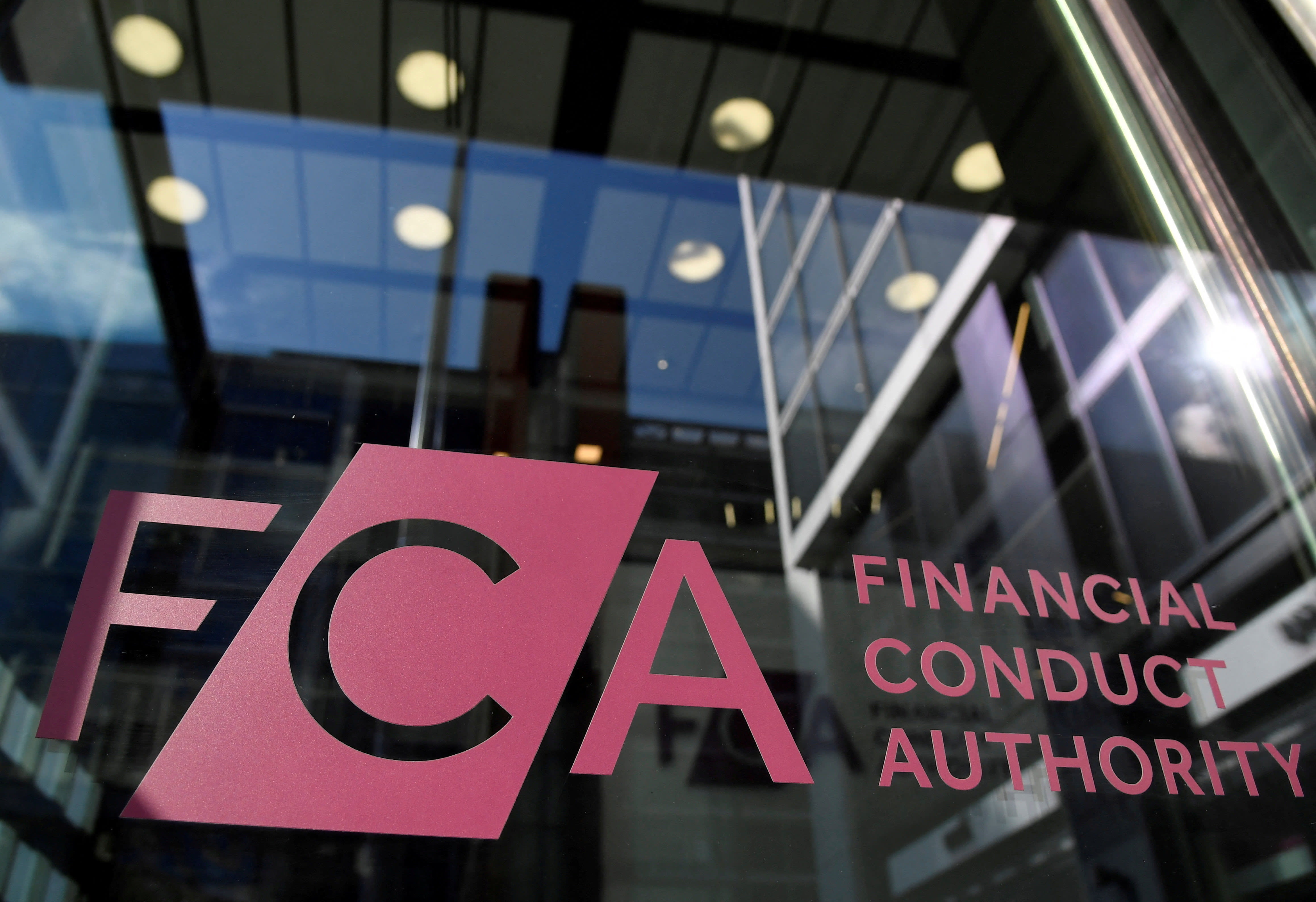
Although it is an inevitability prepared for through estate planning, when a client passes away it can still prove a difficult time – from dealing with the practicalities of the estate to supporting next of kin, while perhaps also experiencing some personal grief.
Even though talking about the death of a loved one is not easy, the more prepared the client and their family are the better, says Julie Greenwood, strategic partnerships manager at Octopus Investments, whose intergenerational planning team supports advisers before and after a client dies.
“A big part of that for advisers includes helping clients to understand the legal responsibilities that will fall to executors of an estate when the time comes,” adds Greenwood.
“Having these discussions now, and getting to grips with what’s involved, will make things considerably easier at a time that will undoubtedly be very difficult.”
Assuming the client has not appointed the adviser themself as their executor, the probate and estate administration process is very different depending on whether the executor is a layperson or a professional, says Nji Lorimer, director and senior wealth planner at SG Kleinwort Hambros.
“Regardless, a lot of it will involve giving very timely information,” she says. “Executors will initially often come to us for valuations in order to get the grant of probate. So with a professional executor, it’s quite administrative. They are provided with the information, and they know what to do.
“With a lay executor, sometimes there will be further questions. If it’s a lay executor or family member, we will often have some further guidance around the information we give them.”
Meeting beneficiaries beforehand
Most advisers will generally have established warm relationships with clients over time, but this may or may not extend to family members, says Anne Wadey, non-executive director at the National Bereavement Service.
Greenwood at Octopus Investments says the best measure an adviser can take is to be proactive and, with the client’s permission, speak to their beneficiaries and/or family while the client is alive.
She cites a survey by Octopus Investments, which found that over half (55 per cent) of advised investors had not spoken to family or beneficiaries about plans for their estate. This was despite four in five (79 per cent) saying they planned to pass their wealth onto their loved ones when they die.
On the other hand, Lorimer at SG Kleinwort Hambros says that given the profile of its clients, the firm has often been doing some inheritance tax planning beforehand, and sometimes for the past 10 to 15 years.
“We’ve therefore ideally worked with the beneficiaries before, so it’s not going to be the first time they’ve met with their adviser,” says Lorimer. “In the meantime, it's important to start planning for what they’re going to do when they receive their inheritance.
“And sometimes we’ve talked about that, up until the moment before the client’s passing. But some people can find that a bit cold and not very humane, so once they are over the initial grief, and the handholding side of things doesn’t feel as intense, we can then start raising questions such as, ‘What are your plans, your objectives? What do you want to do?’”






